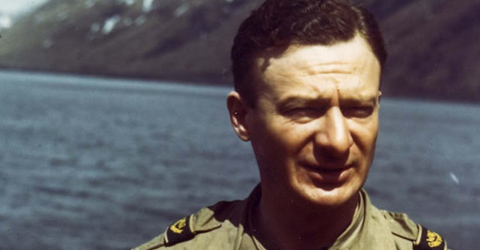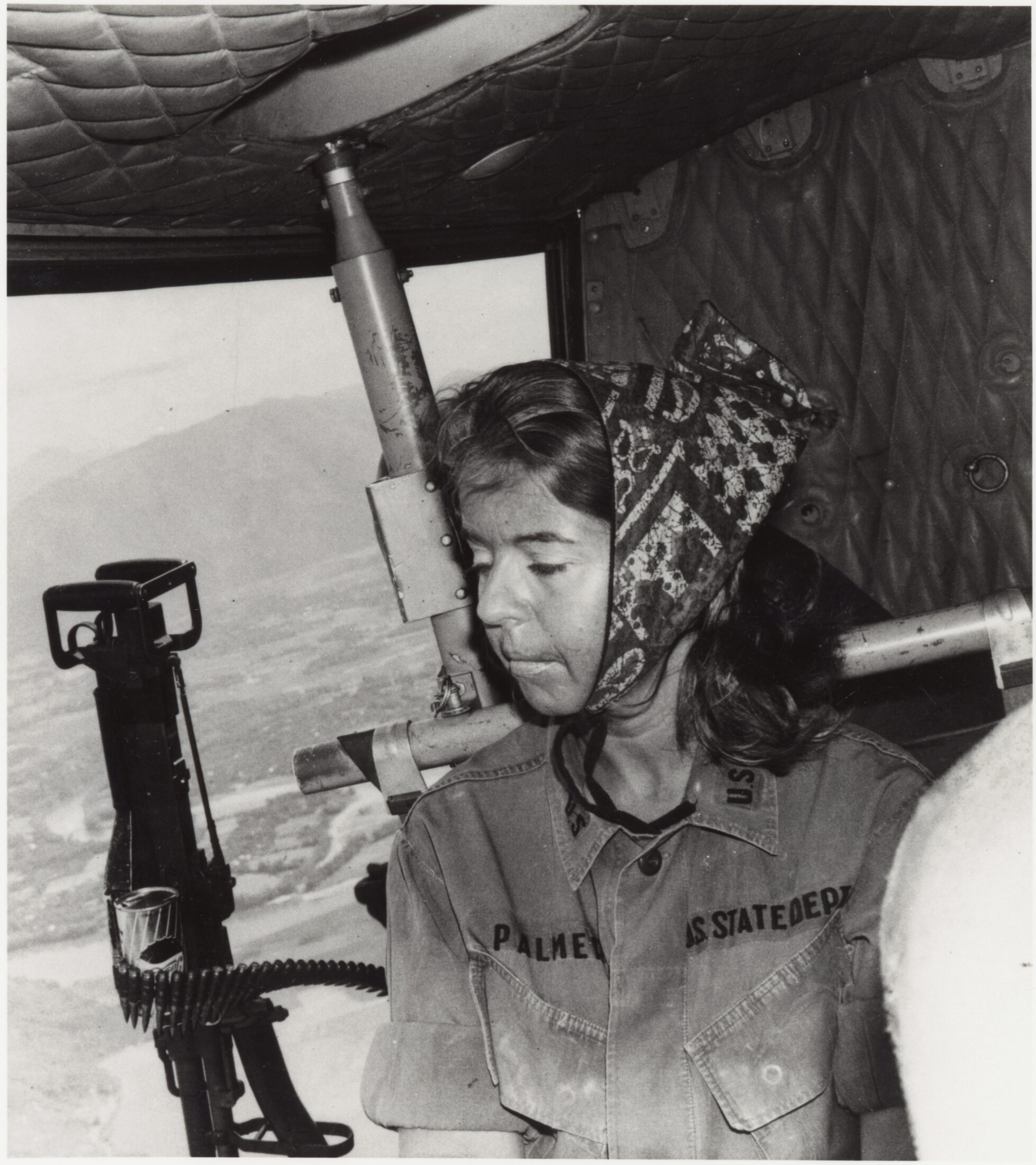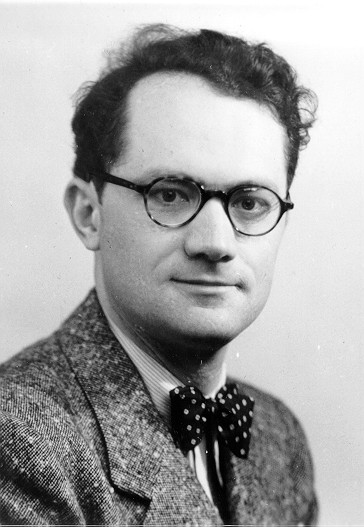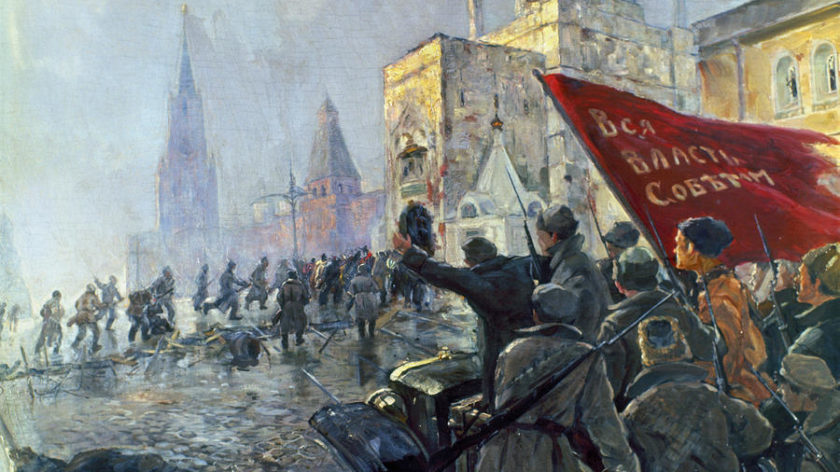Reporters and photographers rarely get discussed on this show. And that’s a pity because, in one way at least, reporters and photographers help provide a lot of the original material that historians use to study events and try to build up as full a picture as possible about the past. But one of the…
We usually hear that surgery and medical treatment during the Civil War was backward butchery. But was it? Historian Nic Hoffman from Kennesaw State University tells us how complicated it really was. We discuss: medical care before the war; the shock of Civil War carnage and how medics initially reacted; and changes in medical treatment…
With the popular film, The Darkest Hour, getting even more attention now because Gary Oldman won the Best Actor Academy Award for his portrayal of Winston Churchill, I have even more reason than usual to point out bogus Churchill quotes. But I thought I’d talk about something that Churchill actually said, and that was…
We interview Professor Marcus Rediker about his new book, Benjamin Lay: The Quaker Dwarf Who Became the First Revolutionary Abolitionist. Benjamin Lay was one of the most famous anti-slavery protesters in colonial Pennsylvania in the early 1700s. He agitated against slavery and the slave trade in very unusual ways, and was eventually kicked out of…
It’s a Woman Crush Wednesday! Alison Palmer was a pioneer in gaining increased women’s rights and human rights in the American State Department. While working there in the 1950s and 1960s, Palmer ran up against the glass ceiling when trying to advance in the civil service at the State Department. She found it almost…
The Pentagon Papers Professor Phil Nash helps us explain the complicated and much-mythologized history of the Pentagon Papers, which is shorthand for the government-funded study of US involvement in Vietnam from 1945 to 1967. According to New York Times in 1996, the Pentagon Papers showed that the government had, “systematically lied, not only to the…
You’ll often hear the phrase that there’s “a special place in hell (or a special circle of hell, or special level of hell) reserved for…” which then proceeds on to a quip about a relatively minor social infraction (“those who waste good whiskey,” “those who split infinitives”). Obviously, it’s also used to refer to the…
Yes, it’s me, your favorite professor, here to get you back on the straight and narrow. Today I’m going to talk about something called “the pizza effect,” but it’s not the effect that pizza has on our collective waistlines. The pizza effect is something that affects our thinking about the history and origins of foods,…
Professor Phil Nash explains the history of Vietnam in the 20th century, and the very complicated ways in which it was torn apart by war and civil war throughout the mid-century. Along the way, we learn about the deep complications in the history of the Vietnam War that have allowed myths and misconceptions to solidify.…
The Russian Revolution of 1917 was one of the most important events in the 20th century. Professor Nash joins us to untangle the extremely complicated history of Russian politics between 1905 and 1917. He tells us what happened and why. Why, for instance, were there so many revolutions (or “state coups”) between the Russo-Japanese War…










